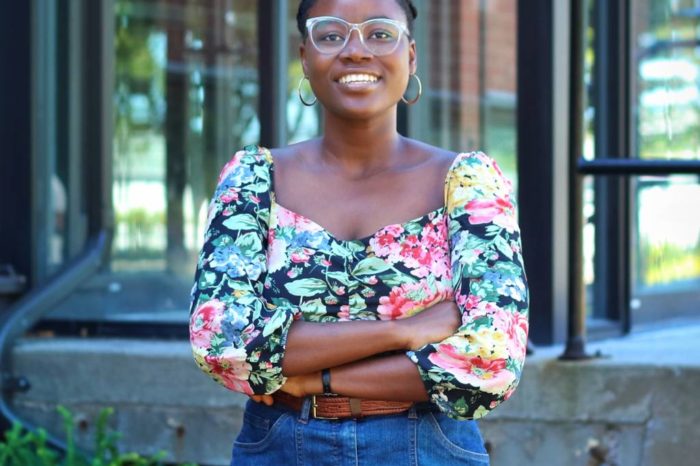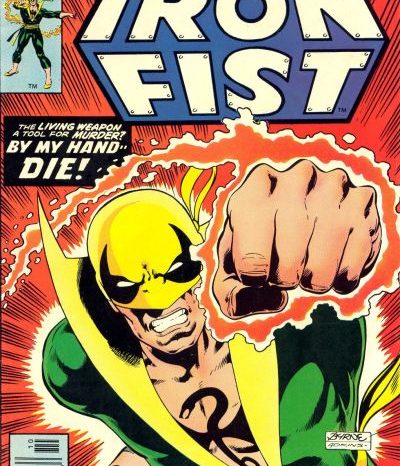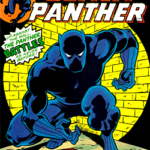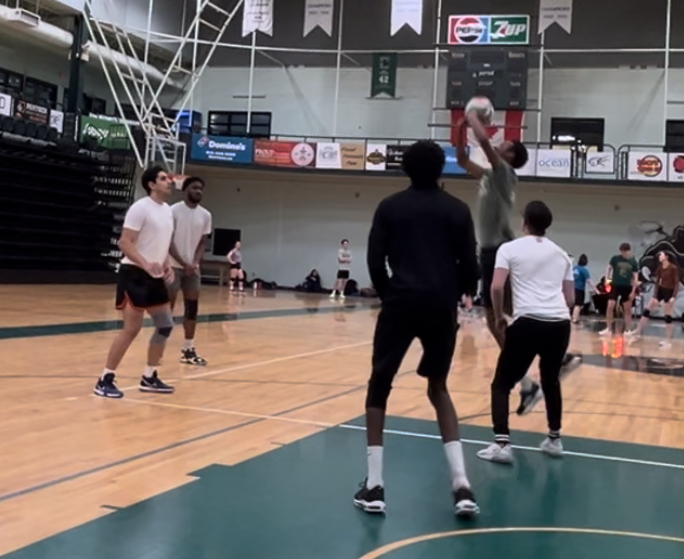By: Daniel Brown
In the next few months, Captain America: Civil War is going to be hitting theatres, and in it we will be introduced to one of Marvel’s more unique characters. Yes, this is including the size-altering thief, the bipedal talking raccoon, and the blind Catholic lawyer.
The Black Panther is not necessarily one person, but rather it is the title held by the leader of the fictional Panther Tribe in the fictional African country of Wakanda. In the comics, Wakanda is one of the most technologically advanced places on the globe, creating a distinct aesthetic by having it coexist with the tropes of a typical African tribe. The primary Black Panther within Marvel canon is a man named T’Challa, and along with the duty of governing his nation as king, he also tends to galavant around with the Avengers from time to time.
This will hopefully add some much needed diversity into the MCU, not only ethnically but creatively, as many of the current superheroes share many of the same characteristics. But now we have an individual who has a clear, and even slightly biased, motive; to maintain the economic powerhouse of Wakanda and it’s political relations with the rest of the world. Sometimes the best way to do this is to team up with an assorted entourage of powered miscreants, I suppose. Additionally, this will be the first African-American superhero to star in a film within the MCU (we of course have War Machine, Falcon, and Nick Fury, but they’re just side characters. Luke Cage is on the way, but as a Netflix series).
Black Panther is set to release next year. Chadwick Boseman will portray T’Challa, and Ryan Coogler, director of last years installment in the Rocky franchise, Creed, will helm the project. Both of these announcements are absolutely fantastic news. Boseman has been critically acclaimed for his past performances in biopics such as 42 and Get On Up, in which he portrayed historical African-American figures Jackie Robinson and James Brown respectively. Boseman went to great extents to accurately depict both of these individuals, nailing all of the mannerisms and proving that he is by no means a typecast actor. He isn’t going to take it easy for Black Panther, either, as it’s been reported that he is reading up on the source material and has even visited the regions of Africa where Wakanda is fictionally based in order to get the accent down. Coogler, on the other hand, is relatively new to the scene, but is absolutely killing it. Creed was a wonderfully directed film that conveyed racial themes without forcing them. Essentially, this will probably end up being a really good movie, that will stand out in the current MCU lineup.
So what’s the problem here? Well, there is no problem. We have a black person directing a film about black people. This is a good, because it means we know someone with a relevant perspective, based on legacy and life experience, will be in charge of doing that perspective justice.
This is a harder thought to adequately describe, but the concern is that there seems to be this notion of a necessity for a director of race to direct a race based film. It should be more about getting a great director to do the best job that they can do. Yes, all of Marvel’s films thus far have been directed by white men and are about white men, so it’s good that they are diversifying. But diversity for the sake of diversity is inauthentic. To an extent, it’s almost like a subtle, backwards racism, where the group in question is being singled out and is still treated a tad differently. This phenomenon is very present in the current Marvel Comics Universe. Ms. Marvel, a teenage Muslim with shape-shifting abilities, is written by a Muslim author, and the religion noticeably plays into how the character lives her dual life. Flash Thompson, a war amputee and the current version of Venom, inspired the writers to consult with a WWP (Wounded Warrior Project) spokesperson who also lost both his legs, so to better reflect the rehabilitation experience.
Again, this is all good stuff. 2019’s Captain Marvel is, reportedly and most likely, seeking a female director. And if it makes for a better and richer story than by all means. It just shouldn’t be a necessity for the experience of the producer to correspond with the product. It undoubtedly has benefits, but the focus should be on making the best possible product. Back when Marvel was still looking for a Black Panther director, Anthony Mackie, the African-American actor who plays the MCU’s Falcon, said it best:
“I don’t think it’s important at all. As a director your job is to tell a story. You know, they didn’t get a horse to direct Seabiscuit! The thing is I don’t think the race of the director has to do with their ability to tell a story. I think it’s all about the director’s ability to be able to relate to that story and do it justice. I think men can direct women, and two of my greatest work experiences were with female directors. So I think it all depends. May the best man—or woman—win.â€
Anthony Mackie, to The Daily Beast











